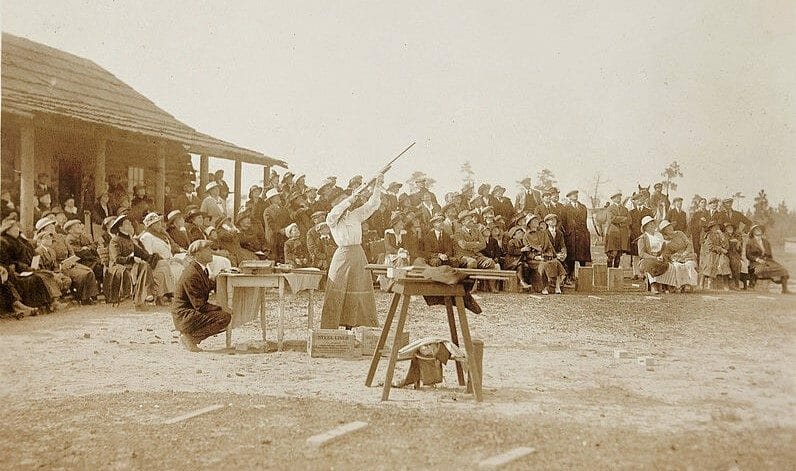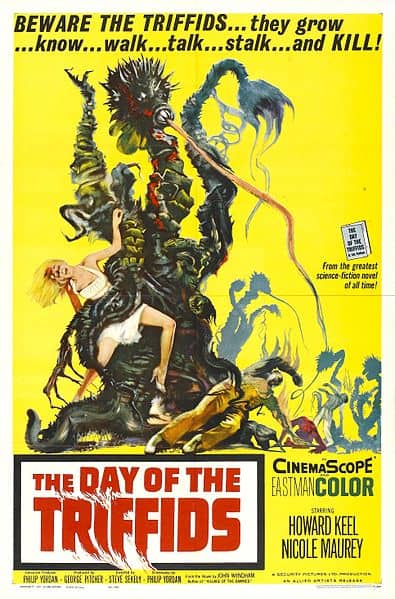│By Emily Priest, Digital Marketing MA student at the University of Portsmouth│
Deadlines. They are hard enough to deal with – the stress, the never ending reading lists, the work that keeps piling up, the ominously unfinished dissertation – but what happens when you add a pandemic into the mix? Panic and pandemonium. It was a seemingly impossible challenge yet, somehow, I managed to embrace the unique insanity of it all and make it out in one piece.
When lockdown hit in March 2020, lectures were cancelled and the library shut, but university work was still expected on time and many students were thrown into a panic. I was one of those students and although I didn’t have a final year dissertation to hand in, I still had valuable assignments that would make or break my final MA grade. How was I going to cope? At this time, little was on Moodle (the online learning platform used at Portsmouth) in terms of teaching materials so, like a lot of students, I felt more than a little stranded.
But I was determined not to let the situation beat me.



